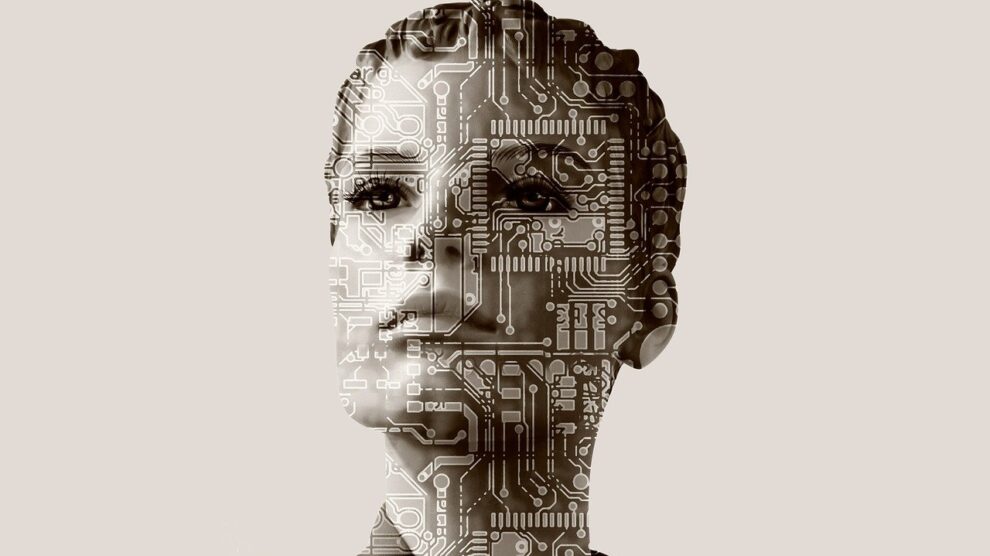Artificial intelligence is increasing in capability and scope of use, but it is also an increasingly divisive topic. Some warn that certain fields of work face extinction as machines begin to take the place of human employees. This may be true, however it is also the case that along with new technical advancements come a host of new job positions that may not have even existed some years ago. Plus, there are many jobs that simply cannot be performed well by machine, as there will always be the space for human-to-human interaction and therefore jobs that must be performed by real people. According to Gartner, AI is poised to create 2.3 million jobs by 2020, while eliminating only 1.8 million jobs.
Deep Varma, vice president of engineering at Trulia, has argued- “As companies’ AI capabilities get stronger and grow larger, we’ll see AI augment existing software and applications and actually enable humans to be more productive, effective and accurate.” Along those same lines, Glassdoor Chief Economist Andrew Chamberlain says- “AI rarely replaces a job completely. It usually replaces some parts of a job and then leaves other parts behind.”
As AI technology only continues to improve, most roles are going to change and be affected in one or way or another. Here are just some of examples of how this will be seen in 2018-
HR
HR is one industry that has really been adopting AI practices for some time, according to Glassdoor and recognized by many other organizations and professionals. Traditionally, HR departments have thousands of resumes to sort through, selecting those most appropriate for current roles, and storing those that may be useful for future positions. AI technology can change standard HR processes, such as the recruitment process significantly. It can enable HR professionals to focus on the human aspect of hiring, talent and organization management instead of the repetitive and time-consuming tasks such as sorting through resumes to see if applicants have the basic qualifications or requirements needed. AI will also continue to alter how talent is trained and retained across industries, and of course help real people perform jobs more efficiently.
Financial Services
Routine and simply, repetitive tasks are common across roles within financial services. For example, executing trades takes up significant time for human employees when it could be performed by machine-learning software. The more free time that professionals in the space have, the more they can commit to development of relationships, thinking of creative solutions or potential moves in the future.
Security
Open Source Intelligence (OSINT) is an example of artificial intelligence that is growing in importance within the business world. Knowing what it is, and how to utilize it is something all business owners attempting to keep up with modern technology should aim to do. It is most heavily recognized for its importance for security, cybersecruity and protecting against cyberattacks. As defined by NATO, “OSINT is information that has been deliberately discovered, discriminated, distilled, and disseminated to a select audience, generally the commander and his/her immediate staff, in order to address a specific question.” It is crucial to help support analysts in identifying threats and risks and (a modern necessity) to also monitor social media. As Army Gen. Joseph L.Votel, commander of U.S. Special Operations Command, says- “We all must view this space (social media) as a routine operational area: It is redefining how humans interact. Our success in leveraging these tools will be determined by how well we cultivate the networks in which we participate”. When it comes to security, AI helps to understand and process the plethora of information that is out there and help professionals work with it to ultimately perform their jobs more efficiently.
Marketing and Sales
Marketing and sales departments carry a lot of weight in businesses; they are responsible for customer-facing roles and processes that involve a lot of repetitive work. At the same time, they also need to guide excellent human-to-human interactions with partners, customers and the public. Sayer Martin, COO and co-CTO at Orchestrate, says- “AI has the ability to remove repetitive tasks that are repeated daily and improve employee focus where it adds more value and enhances the quality of engagements, such as interactions with customers, follow up support cases and improved customer satisfaction.” AI will not be able to replace marketing and sales departments, since these are two areas of the work world require human interaction. It will only change how they operate.
This contentious issue is not going to go away. With the world’s greatest minds, such as Stephen Hawking and Elon Musk, warning of the dangers of AI, it is important that regulations and checks are created. Rather than fighting against it, however, to be sure you have a place in the future world of work, it is important to embrace and stay informed about AI technology. After all,AI is here to stay.





